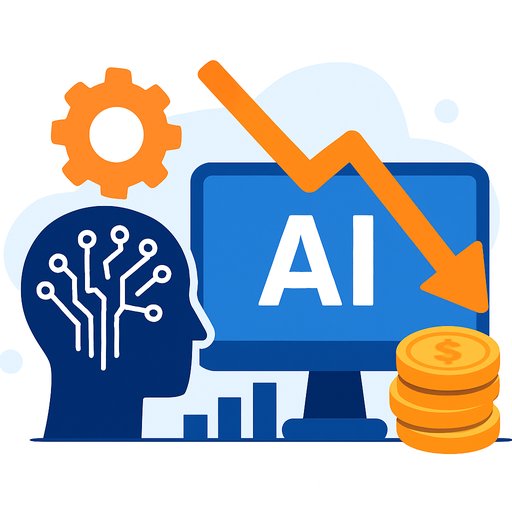AI in Project Management: Adoption Nearly Doubles in Two Years
AI has moved from pilot projects to everyday practice. New research from Association for Project Management (APM) shows 70% of project professionals say their organisation already uses AI, with another 29% planning to implement it. Just 1% report no current use or plans.
Two years ago, only 36% said their organisation was using AI, with 47% planning to adopt. The shift signals a clear message for managers: AI capability is fast becoming a standard expectation in project delivery across the UK.
Where AI Is Delivering Measurable Gains
From respondents already using AI, project teams report tangible improvements across core delivery functions:
- Task and schedule automation: 50%
- Resource allocation: 50%
- Risk analysis and forecasting: 50%
- Reporting and dashboarding: 49%
- Stakeholder communications: 43%
Expectation has also shifted in practice: 82% say they are using AI more frequently than they anticipated five years ago.
Sentiment Has Flipped: Confidence Is High
In APM's latest survey, 62% believe the latest AI advancements will be very positive for their industry or sector, up from just 15% in 2023. The most anticipated benefits are pragmatic and immediate:
- Freeing time for higher-value, strategic work by automating admin: 49%
- More accurate data analysis: 43%
- Assistance in decision-making: 42%
- More consistent and timely reporting: 40%
Organisational support is trending the right way, with 70% confident their employer is preparing project managers for AI, and 29% saying upskilling efforts are underway. Only 1% see little preparation.
Skills, Safety, and Integration: The Real Constraints
Adoption isn't frictionless. Project professionals highlight key blockers:
- Technical knowledge and training: 49%
- Security and data privacy: 44%
- Integration with workflows: 42%
- Inaccuracy or untrustworthiness at work: 41%
As one project controls expert put it: you need to be suitably qualified and confident before using AI to generate work-because you're accountable for the output. New tools are arriving constantly, but implementing them safely at scale takes discipline and clear assurance processes.
Sector Shifts: From Hesitant to Hands-On
Across industries, adoption has surged between 2023 and 2025:
- Construction: Already using AI in projects rose from 15% to 75%; planning to adopt is 25%; not planning dropped to 0%.
- Engineering: Already using increased from 35% to 73%; planning to adopt is 27%; not planning is 0%.
- Financial Services: Already using grew from 23% to 66%; planning to adopt is 34%; not planning is 0%.
- Transport: Already using climbed from 36% to 71%.
Leadership Playbook: How to Turn Adoption into Advantage
- Audit current AI use across projects. Map tools to outcomes (time saved, error reduction, forecast accuracy).
- Prioritise high-yield use cases: scheduling, reporting, risk analysis, and resource optimisation.
- Stand up an AI governance framework: data privacy, model selection, human-in-the-loop review, and audit trails.
- Invest in targeted training by role (PMs, PMO, risk, controls). Pair tool training with quality and assurance standards.
- Pilot with guardrails. Start small, set success metrics, and scale only after results are repeatable.
- Integrate AI into core workflows and PMIS. Avoid orphan tools. Aim for single sources of truth.
- Track ROI quarterly. Reallocate budget from low-impact tools to proven use cases.
Resources
Explore recent guidance and case studies from APM to align your roadmap with industry practice: Association for Project Management.
If you're building an AI skills plan for project teams, see practical training options here: AI courses by job role and popular AI certifications.
Bottom Line
AI is now standard kit in project delivery, not a side experiment. The winning move for managers is simple: focus on value-heavy use cases, upskill your teams, and put strong assurance around every AI-assisted output.
Your membership also unlocks:






